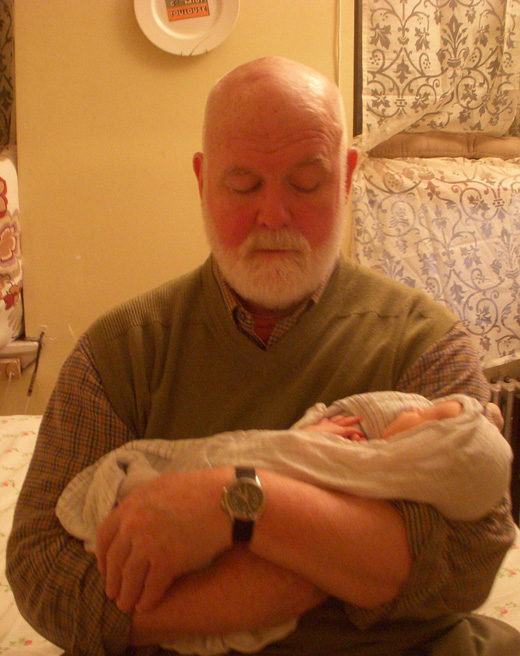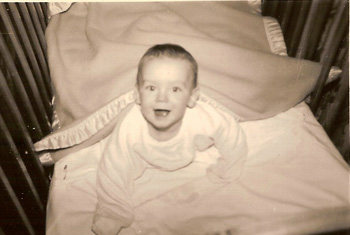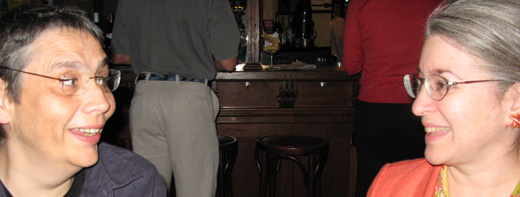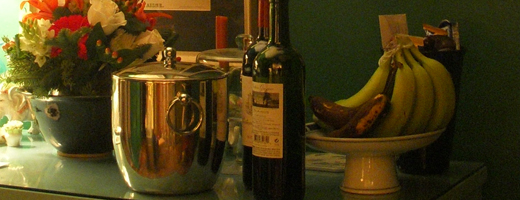Dear Diary: The Situation
Wednesday, January 27th, 2010
Before Kathleen came home, I was going to write about my terrible mood. But Kathleen’s terrible mood was a lot more interesting. After talking about what’s bothering her for an hour , I can’t summon any interest in what was bothering me, which was, of course, the impending travel.
But I can’t talk about Kathleen’s terrible mood, because of attorney-client and spousal privileges. Which is another way of saying that, even though I’m unhappy about the impending travel (to put it mildly), Kathleen’s terrible mood doesn’t have much, if anything, to do with me.
So I have to talk about my terrible mood after all. As it happens, the terrible mood that I’m in right now isn’t so much a funk about the travel — about being obliged to leave Manhattan Island, which is really great and all but which really happens to be just the place where I live, for a week — as it is about all the nice things that friends say —
-
You lucky guy! A week in the warm Caribbean sun &c.
-
Oh, stop! You’ll have a great time!
-
Soldier on, as you always do.
That last one breaks me up, possibly because it captures the entire preposterousness of the travel. Be a man — relax and enjoy yourself. As I always do.
The friends who really know me say, “Kathleen needs you to go on this trip with her.” Which isn’t true, really. Kathleen is counting on my presence because she didn’t arrange for anyone else’s. In future she will. She has lots of friends (all women, please note), who would love to go with her to sunny places in cold months. She says this matter-of-factly because it is true. Kathleen has had many fine times with friends in the Caribbean. Unfortunately, she likes to get away from it all with me. I like getting away from it all with her, too, but it looks as though the getaways will have to be decoupled from any thought of Caribbean islands, or, indeed, any island other than the one that we’re already on. That’s why God made the Plaza Hotel, after all.
I don’t share Kathleen’s interest in bright sunlight. When we get back from the travel, in fact, I’m having a second chunk of my head removed, lest it metastasize into lung cancer. It’s true that the damage was done during childhood. But I didn’t like being out of doors in those days, either. In those days, it was my mother’s wacky and unwelcome idea that the basement was less healthy than a ball field. I would blame her for my basal-cell woes, but she has already perished of lymphoma. A lot she knew.
Where we’re going is very nice, and the minute we get there it feels as though we’ve never been anywhere else. It’s a lovely resort. But I’m learning that dolce far niente only made sense to me when I was powered by martinis. Now that, in the interests of living long enough to teach my grandson bad French, I am trying to cut back on white wine, the whole idea of a week at a resort feels like an irreparably mildewed Cole Porter lyric. It’s my idea of nothing to do.
Kathleen used to say, “This is the last time I’m traveling with you anywhere, R J Keefe!” This time, I’m saying it. This is the last time I’m traveling with R J Keefe. From now on, R J Keefe is staying home. It is his one and only regular-guy trait, and he is sticking with it.
My next trip will be to the next world.





















